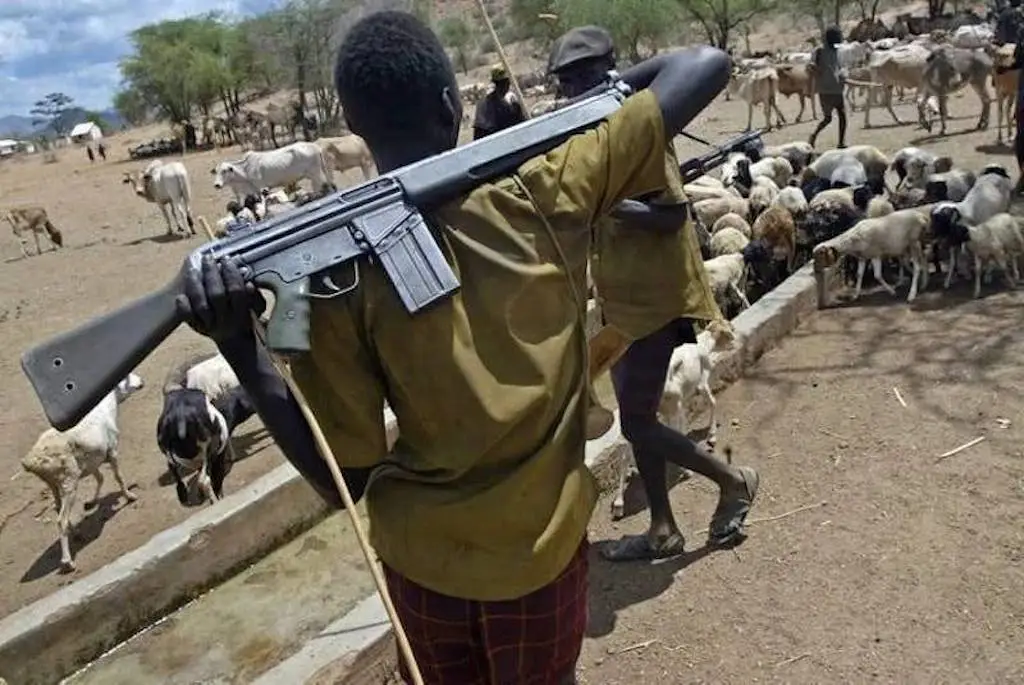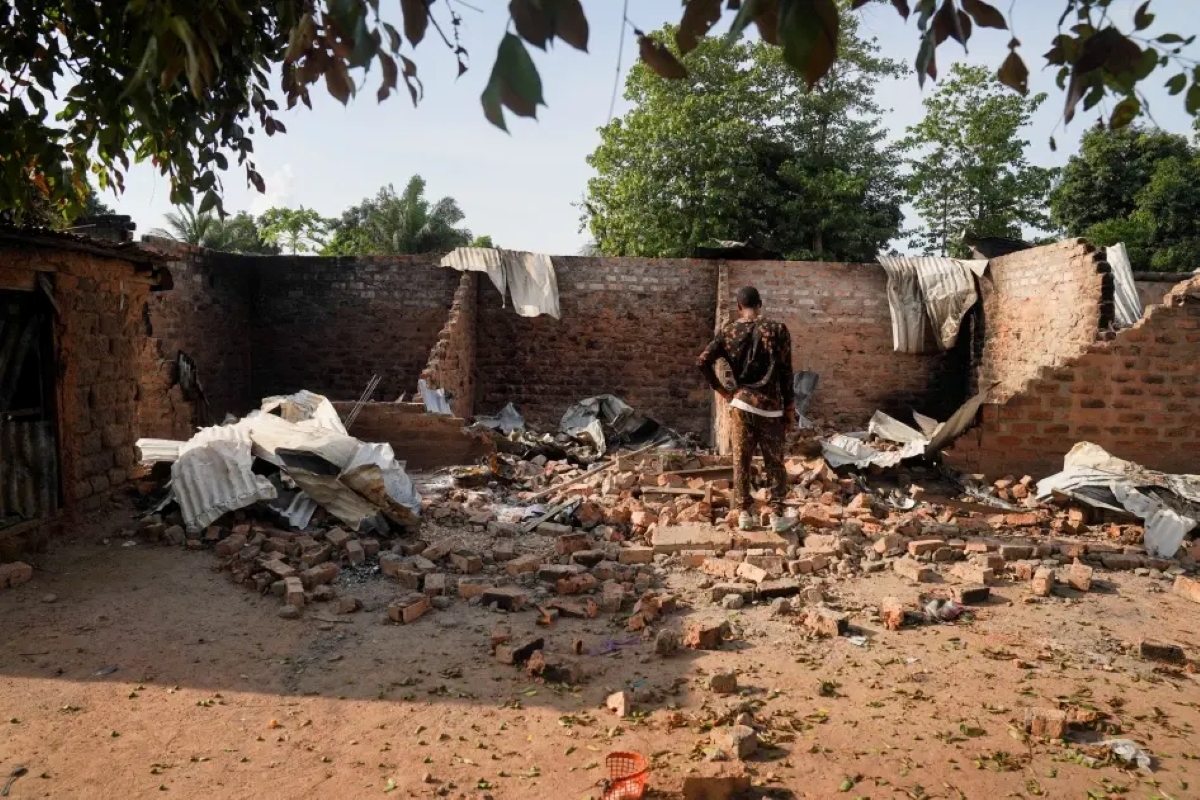The President of the United Farmers Association, Benue Valley, Denen Dennis Gbongbon Utsa, has described the wave of violence in Benue State as “a coordinated genocidal attack” rather than the commonly framed farmer-herder conflict.
Speaking at News Central’s Town Hall meeting on Thursday, Utsa accused a proscribed foreign-backed bandit group of orchestrating the killings and said state security agencies have failed to act on credible intelligence.
“There’s no real issue — I say no real issue — between farmers and herders,” Utsa said. “What we are facing is a coordinated attack of farmers and herders. We that stand together, we know our issue.”
He strongly dismissed the idea of a grassroots dispute between farmers and herders, insisting that the narrative masks a more sinister, externally driven agenda.
“Each time we gather and they are bringing an issue of herders and farmers, it irritates me,” he said. “We don’t have real issues as farmers and herders, but what we are facing is a coordinated genocidal attack being sponsored by a proscribed bandit that you know.”
According to Utsa, many of the attackers are not even Nigerian citizens.
“Most of these people are not even Nigerian. They are from Nigeria, they are from Mali. They’ve come here… People brought them,” he claimed, citing the alleged involvement of local traditional leaders and suggesting complicity in the land acquisitions that enabled the attackers’ presence.
He named three local governments in Nasarawa State—Obi, Doma, and Kiyana—as central to the crisis.
“What we are facing here does not come from Benue. It is coming from Nasarawa Axis… Primarily, these three local governments are behind this ban,” Utsa alleged.
Utsa detailed how his association alerted law enforcement agencies to the threat as early as November 2024, months before the June 13 attack on Yelwata.
“We informed the civil defense, we informed the police of the arrival in November 2024… And the day of the attack, we still informed them when they had meetings in Kadariko and Giza.”
He accused local police officers of negligence or worse.
“I expect that the DPO Kadariko and the DPO Giza should be invited to say their side of it because he was aware,” Gbobgbon said. “He participated in the meeting… and the attack happened.”
He also raised concerns over land ownership, alleging that ancestral farmlands were sold or reallocated under dubious government actions.

“They are alleged to have bought the land. Our land has been sold to them… The traditional laws of Nasarawa state are alleging that the government gave them an executive order to reallocate the farmers.”
Utsa concluded by urging the full participation of the Nasarawa State government in any meaningful dialogue to resolve the crisis.
“If this conversation must have a headway, the Nasarawa state government should be fully involved,” he stressed.
His statements echo growing frustrations in Benue over recurring violence and perceived federal inaction, calling into question official narratives and placing blame on both security agencies and regional political structures.


 Trending
Trending 
